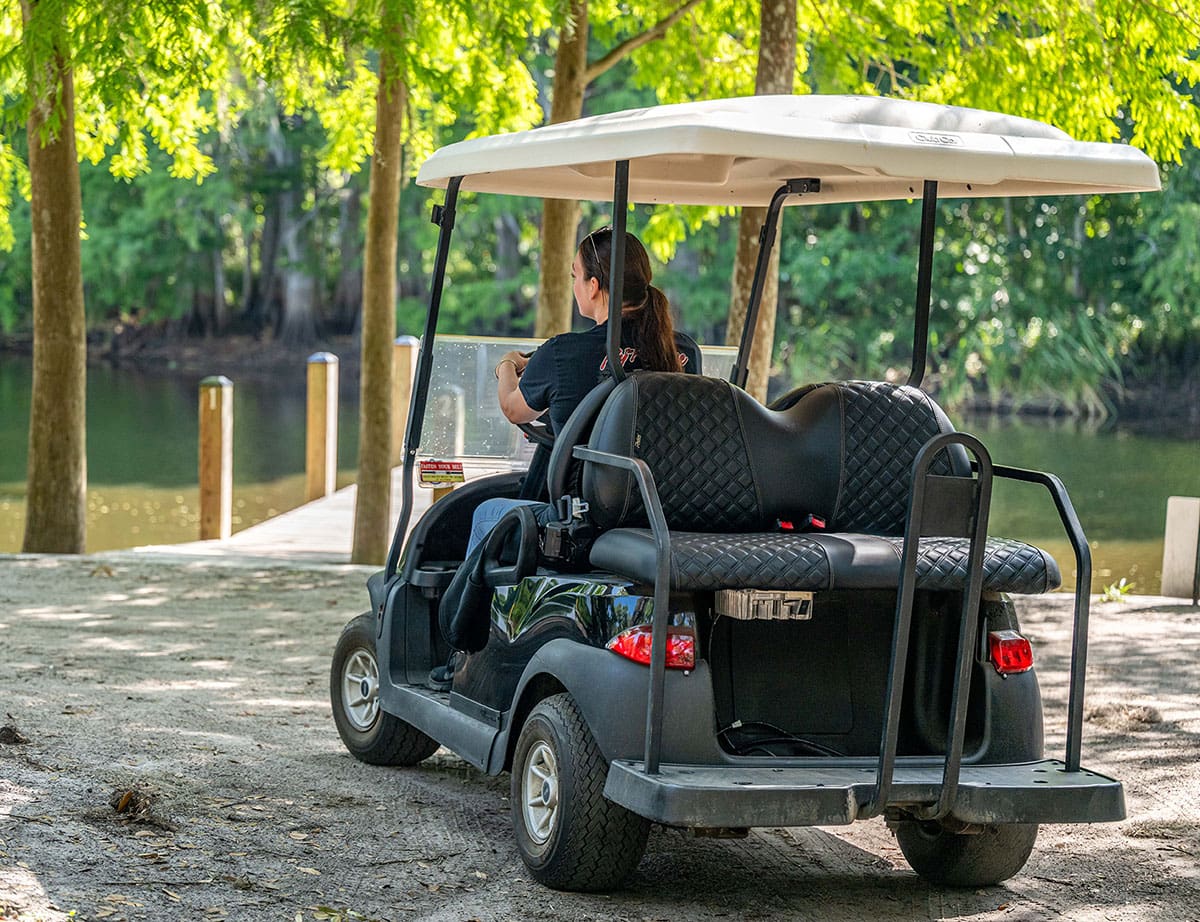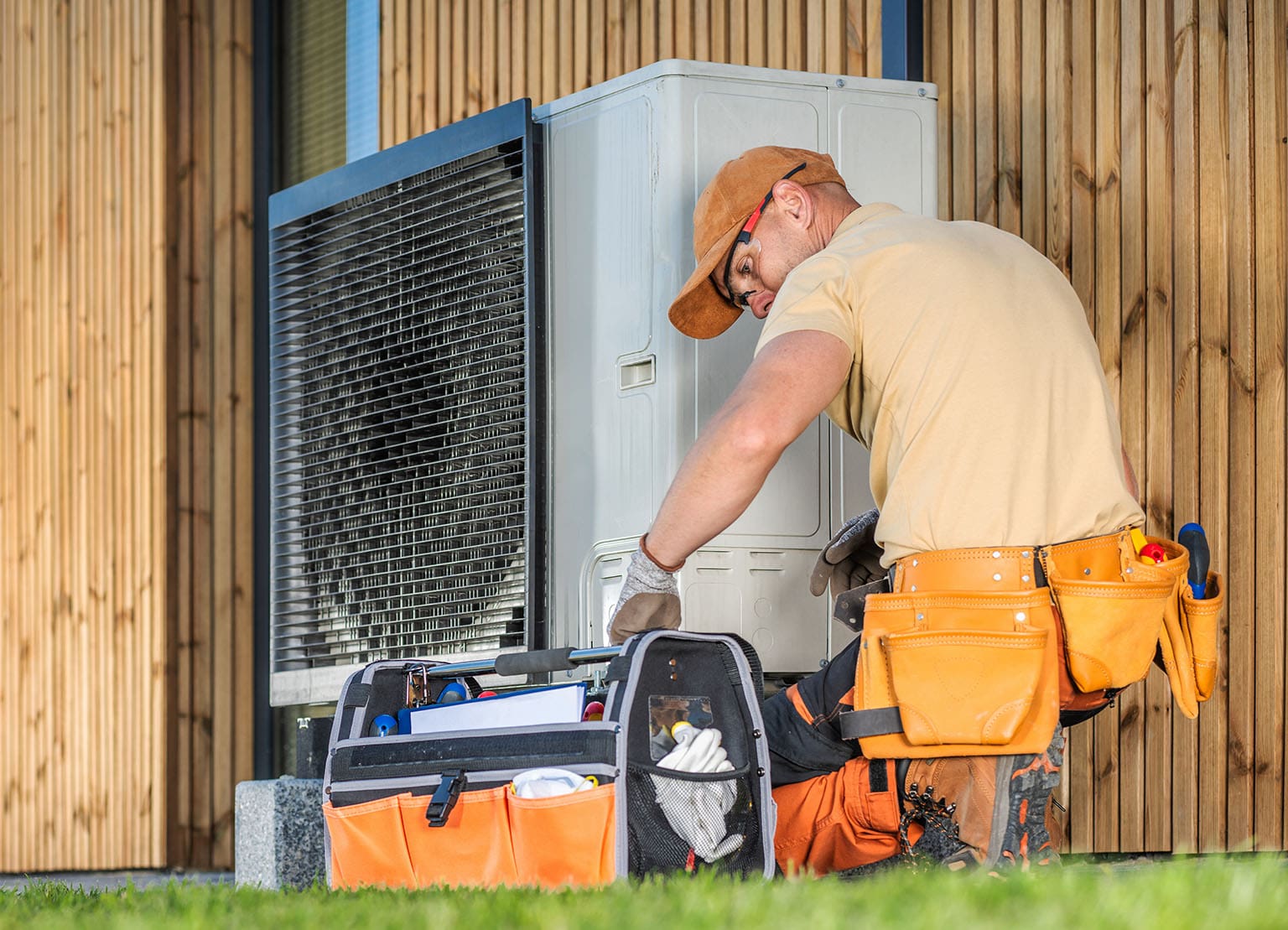Solar energy is smart home investment, and also one of the most misunderstood when it comes to insurance. Installing solar panels increases your home’s value, reduces your electricity bills, and benefits the planet. But many homeowners may wonder, “Are solar panels covered under standard home insurance policies?”
Keep reading to learn more about what solar home insurance really is, how to avoid gaps in coverage, and the steps you need to take to make sure your solar investment is adequately protected.
What is solar home insurance?
As solar energy adoption continues to rise across the U.S., many home and condo owners are unsure of how these expensive systems are protected if something goes wrong. That’s where solar home insurance comes in—a relatively recent evolution of homeowners insurance designed to account for the value, risks, and special considerations that come with solar energy systems.
Solar home insurance: A brief history
While solar panels have been around since the 1970s, widespread residential adoption didn’t begin until the late 2000s and early 2010s, thanks to falling equipment costs, government incentives, and growing environmental awareness.
At first, insurers weren’t entirely prepared. Solar was seen as a novelty, not a mainstream home feature, so many early adopters had to request custom endorsements or navigate policy gray areas.
As of the mid-to-late 2010s, however, insurance providers began adapting, creating clearer guidelines about solar coverage within standard homeowner’s policies. Today, most major insurers recognize solar panels as insurable assets—especially if they’re permanently installed on a home.
Even today, many homeowners still assume solar panels are automatically covered but this often isn’t the case. A lack of awareness remains one of the biggest vulnerabilities for solar adopters, especially as systems grow in size and cost.
Does home insurance cover solar panels?
Standard homeowner’s insurance may offer some solar panel protection, but it’s not guaranteed, and it’s rarely comprehensive.
Here’s why solar energy changes the insurance game:
- Panel location matters. Rooftop-mounted panels are usually considered part of the structure of your home and may be covered. But ground-mounted systems or carport installations might require separate endorsements or riders.
- Local regulations could affect how solar is insured, especially in regions with incentives, solar mandates, or building codes that impact installation.
- Insurance provider policies vary widely. Some providers automatically cover rooftop solar; others require specific notification and documentation.
- Leased systems are a different ball game. If your solar panels are leased from a third-party provider (as is common in many solar financing agreements), then the leasing company usually holds the insurance, not you.
Key takeaway: Don’t assume your solar panels are protected just because you have homeowner’s insurance.
How solar is included in home insurance policies
A well-rounded homeowner’s policy that includes solar protection should guard against the most common risks your system faces, not just physical damage, but also liability and power loss.
Depending on your provider and system setup, your solar coverage may come in one of three ways:
- Automatically included under your dwelling coverage
- Added through a policy rider or endorsement
- Covered by a separate equipment policy, in rare cases
Solar home insurance isn’t a separate product, but rather a tailored way of ensuring your existing policy reflects your solar investment. A well-rounded solar insurance setup should protect against a variety of common risks.
What risks does solar insurance cover?
Here’s what your coverage should include and why each matters:
Physical damage: Storms, fire, hail, falling trees, or vandalism can destroy or severely damage solar panels. These events are typically covered under standard dwelling protection, and your insurance should help cover the cost of repair or replacement if your insurer knows the panels are there.
Power surges: Surges can fry sensitive solar equipment, like inverters or battery systems. These damages often fall into gray areas unless clearly outlined in your policy.
Liability coverage: If a panel damages a neighbor’s property or injures someone, you could be liable. Some homeowners also ask: do solar panels affect neighbors’ property value? While usually positive, concerns like glare can lead to disputes—another reason to have solid liability coverage.
Loss of use or power: Some advanced policies include protection for interruption of service, meaning, if your panels stop working due to a covered peril and you’re forced to buy electricity from the grid again, you could be compensated for that extra expense.
Why do you need to update your home insurance after installing solar panels?
Even if your current policy includes some dwelling coverage and solar panels are “covered,” the value and type of coverage might fall short.
Here’s why an update to your home insurance is recommended:
Home value increase: Solar panels typically add $10,000–$25,000 to your home’s resale value. If your dwelling coverage hasn’t been adjusted, your policy might not reflect this, which means you could come up short on a claim.
System size matters: The size of your solar setup directly affects its value and your insurance needs. You may ask, “How many solar panels do I need?” That depends on your energy use, roof space, and how much of your bill you want to offset. Either way, make sure your policy reflects the full replacement cost.
Coverage limits: Every policy has a cap and if your solar system isn’t specifically itemized or accounted for in the limit, it might not be fully covered. Think of it like jewelry or electronics. You often need scheduled coverage to insure high-value items.
Installation type: Ground-mounted panels, pole-mounted arrays, and separate battery sheds may not be considered part of your dwelling. These might require additional structure coverage.
Premium adjustments: Yes, adding solar might slightly increase your premium. But it’s usually modest and worth it for full protection.
Protecting your solar investment
Let’s walk through a common scenario to make this real. With installation costs typically ranging from $20,000 to $25,000, homeowners naturally want to know: how much do solar panels cost and how are they protected?
David is a homeowner in Arizona, excited to install a $22,000 rooftop solar panel system. He expects to cut his energy bills by over 60% but his insurance agent is the last person on his mind during the process.
A month after installation, a severe hailstorm hits. Several panels are cracked. David calls his insurance company and gets the bad news that his policy doesn’t fully cover the damage. Here’s why:
- He never notified them of the new system
- His dwelling limit didn’t increase to account for the panels
- He didn’t add the system as scheduled property or get a rider
Here’s what David should have done:
- Before Installation:
- Called his insurer to ask how solar panels are treated
- Requested a quote to increase his dwelling coverage
- Checked if a separate endorsement or rider was needed
- During Installation:
- Used a licensed, certified solar installer
- Kept all receipts, contracts, and photos for insurance records
- After Installation:
- Sent documentation to his insurer
- Confirmed that rooftop panels were classified as part of the home
- Reviewed liability and loss-of-use coverage related to his solar setup
A few phone calls and policy updates can protect your $20k+ investment from disaster.
9 smart tips to help properly cover your solar investment
Whether you’re planning to install solar or already have a system on your roof, these tips will help ensure your insurance policy fully protects your investment. Think of this as your quick-reference action list so you don’t end up in the scenario above.
- Notify your insurance company early – As soon as you decide to go solar, give your insurer a heads-up. They can tell you what documentation they’ll need and whether your current policy can accommodate the system.
- Ask for confirmation in writing – Don’t rely on verbal assurances. Request a written confirmation or updated declarations page that explicitly includes your solar system under your dwelling or scheduled property coverage.
- Adjust your coverage limits – Make sure your policy reflects the total cost of your solar setup, including installation, hardware, and any energy storage equipment, like batteries.
- Clarify what’s included – Ask if ground-mounted panels, solar carports, or battery backups are treated as part of the dwelling or need separate coverage.
- Use certified professionals – Always work with licensed, insured installers. Not only is this required for most warranty and tax credit eligibility, but many insurers may deny claims if the system wasn’t professionally installed.
- Document everything – When choosing the best solar panels for home, get full documentation from your installer, including receipts, permits, warranties, and photos. Your insurer may need these for claims or replacement value.
- Review your liability protection – Ensure you’re covered in case your system causes damage or injury—for example, if a loose panel damages a neighbor’s car during a storm.
- Revisit your policy annually – As incentives change, you add new components (like batteries), or your system ages, re-evaluate your policy to ensure continued protection.
- Explore potential discounts – Some insurers offer premium savings for energy-efficient homes. Ask if your solar setup qualifies you for any green home or energy-efficiency discounts.
Power your home and protect your investment
Going solar is one of the smartest long-term decisions a homeowner can make. It reduces your utility bills, increases your property value, offers energy independence, and contributes to a cleaner planet.
How efficient are solar panels? According to solar.com, residential solar panels convert anywhere from 13–23% of sunlight into electricity. A powerful return that makes solar one of the most effective home upgrades available.
But for all the financial and environmental benefits solar provides, your system is still vulnerable to storms, power surges, accidents, or even vandalism. Without the right insurance coverage, a single incident could wipe out years of savings and thousands of dollars in value.
That’s why it’s important to align your home insurance with your solar investment. A solar system is a long-term investment. Protect it like you would your roof, kitchen, or car.
Whether you’re planning your first install or already have panels on your roof, take the time to review your policy to protect your power. Then contact your insurer to get a quote to update your home insurance coverage—because while sunlight is free, your solar panels are not.
For more information
We’re ready to help when you are. Get in touch and one of our experienced Baldwin advisors will reach out to have a conversation about your business or individual needs and goals, then make a plan to map your path to the possible.
This document is intended for general information purposes only and should not be construed as advice or opinions on any specific facts or circumstances. The content of this document is made available on an “as is” basis, without warranty of any kind. The Baldwin Insurance Group Holdings, LLC (“The Baldwin Group”), its affiliates, and subsidiaries do not guarantee that this information is, or can be relied on for, compliance with any law or regulation, assurance against preventable losses, or freedom from legal liability. This publication is not intended to be legal, underwriting, or any other type of professional advice. The Baldwin Group does not guarantee any particular outcome and makes no commitment to update any information herein or remove any items that are no longer accurate or complete. Furthermore, The Baldwin Group does not assume any liability to any person or organization for loss or damage caused by or resulting from any reliance placed on that content. Persons requiring advice should always consult an independent adviser.






